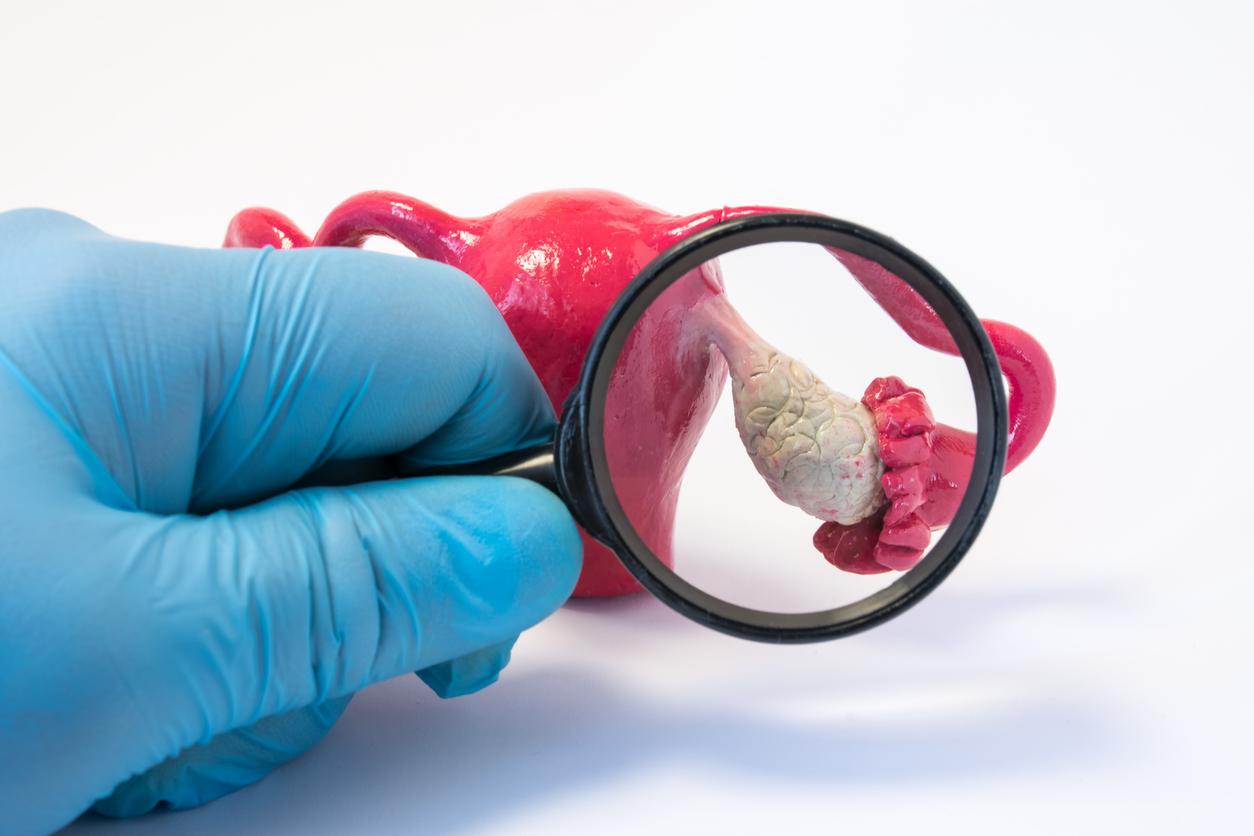Recent research on biological siblings with “gambling addiction” shows that these gamblers have genetic predispositions.

A recent study published Thursday in the scientific journal Neuropsycho-pharmacologthere showed that biological siblings who struggle to control their gambling addiction exhibit similar markers of impulsivity and risk-taking, suggesting that the subjects share pre-existing genetic vulnerabilities to gambling.
High levels of sibling risk taking
The study, conducted by researchers at the University of British Columbia (UBC), involved 20 compulsive gamblers, 16 compulsive gamblers who are biological siblings, and a control group with no gambling addiction. Subjects completed questionnaires, underwent cognitive tests and their brains were put under machine surveillance (MRI) while simultaneously playing slot machines.
Gamblers with gambling addiction and the sibling group both reported higher levels of risk-taking and impulsiveness than the control group, including an increased likelihood of acting impulsively while experiencing negative emotions . Both groups were also more likely to place larger bets when making risky choices.
However, the siblings’ brains showed a similar lack of response when they won as the control group members did because gambling alters the brain’s reward system. The researchers suggested that this may indicate that the brain development of gamers with gambling addiction was to some extent influenced by their experiences.
A pre-existing vulnerability
The researchers said the results show that individuals may have a pre-existing vulnerability to gambling. “The small size of the study groups makes extrapolation to definitive conclusions difficult, but other scientists will continue to study these. results,” says study co-author Dr. Henrietta Bowden-Jones, Director, National Gambling Clinic in the UK.
However, a 2014 study from the University of Iowa found that parents (first degree) of pathological gamblers were eight times more likely to develop gambling problems than people who did not share gambling DNA. problem player. Other studies have shown marked differences in brain activity, including difficulty anticipating rewards and assessing risk between problem gamblers and people without such disorders.
This study is the first to investigate vulnerabilities to gambling addiction by examining siblings. This disorder, which is associated with serious consequences, including depression, bankruptcy and family breakdown, affects up to 3% of the Canadian population. The researchers note that the siblings of compulsive gamblers were particularly difficult to recruit for this study because family relationships are often strained due to gambling problems.
.
















